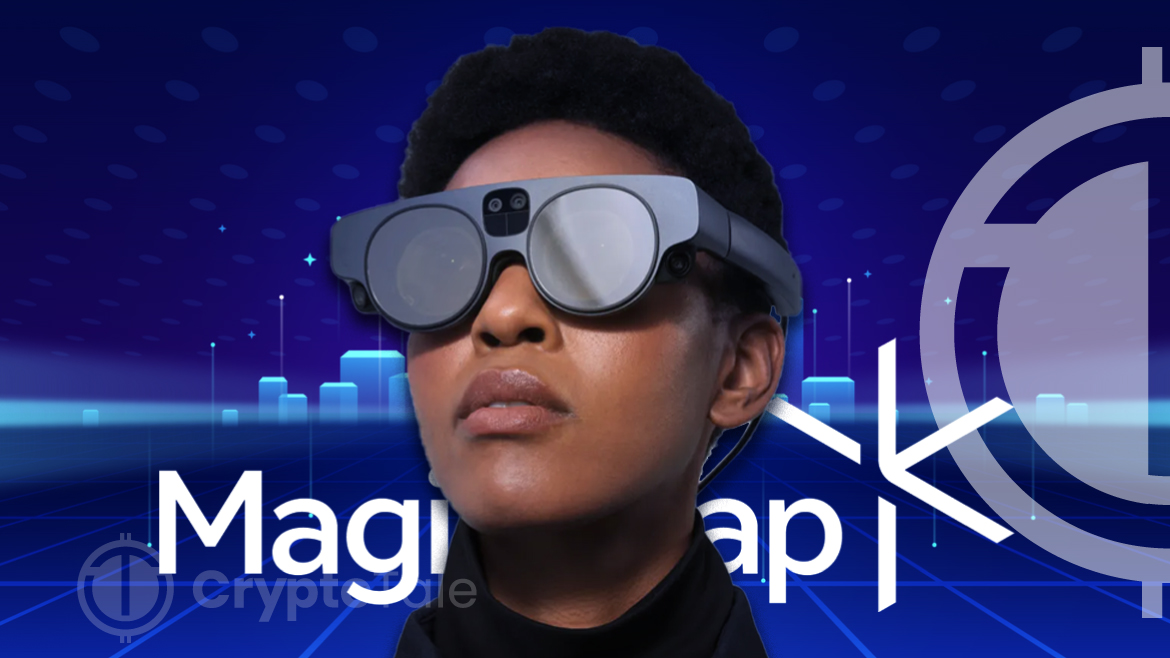- Saudi Arabia’s Public Investment Fund injects $590 million, propelling Magic Leap’s total funding to $4.5 billion.
- Differentiating from Apple, Magic Leap prioritizes practical uses in surgery training, industrial maintenance, and enterprise solutions.
- Magic Leap’s CEO expresses confidence in their technology’s precision, emphasizing enterprise applications over Apple’s consumer-oriented approach.
Magic Leap, the mixed reality (MR) startup, has secured another $590 million in funding from Saudi Arabia’s Public Investment Fund, bringing its total war chest to a staggering $4.5 billion. This fresh injection of capital comes amidst intensifying competition in the AR/VR space, with Apple gearing up for the launch of its much-anticipated Vision Pro headset in February.
The metaverse token market witnessed a meteoric rise following the thunderous announcement of Apple’s “Reality Pro” AR/VR headset, the latest brainchild of the $2.85 trillion tech titan. However, unlike Apple’s consumer-centric approach, Magic Leap is carving a distinct path by focusing on practical applications of MR in the enterprise sector. From complex surgical training to industrial equipment maintenance, the company’s Magic Leap 2 headset is finding traction in areas where precision and real-world integration are paramount.
Daniel Diez, Magic Leap’s CTO, in a recent interview, stated,
We have these hype cycles, and that’s ridiculous. The true capabilities of the metaverse will come to life when it’s a fabric built of digital experiences ingrained or embedded into the physical world.
This sentiment echoes with Magic Leap’s CEO, Ross Rosenberg, who emphasized the company’s commitment to solving real-world problems for its customers. The focus on industrial applications differentiates Magic Leap from Apple’s Vision Pro, which is expected to cater to entertainment and consumer-oriented experiences.
We’re not interested in broad metaverse buzzwords,” he asserted. “Our customers are concerned with tasks like training surgeons, designing products, and optimizing factory floors. Those are the conversations we prioritize.
Rosenberg acknowledged Apple’s arrival in the AR market, but remained confident in Magic Leap’s distinct edge thanks to their superior tech and existing enterprise partnerships. He cited Magic Leap’s pinpoint spatial tracking and sub-millimeter overlay accuracy as a “significant moat” for specific use cases, implying those features weren’t essential for Apple’s focus on entertainment like movies and video calls.
Despite the recent hype surrounding the metaverse, Magic Leap’s focus on practical applications seems to resonate with investors and potential customers alike. According to IDC, the global AR/VR market is projected to reach a staggering $50.9 billion by 2026, indicating immense potential for companies like Magic Leap that prioritize real-world solutions.












